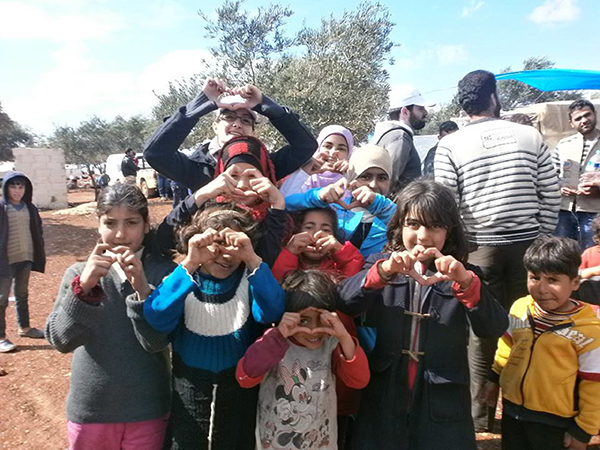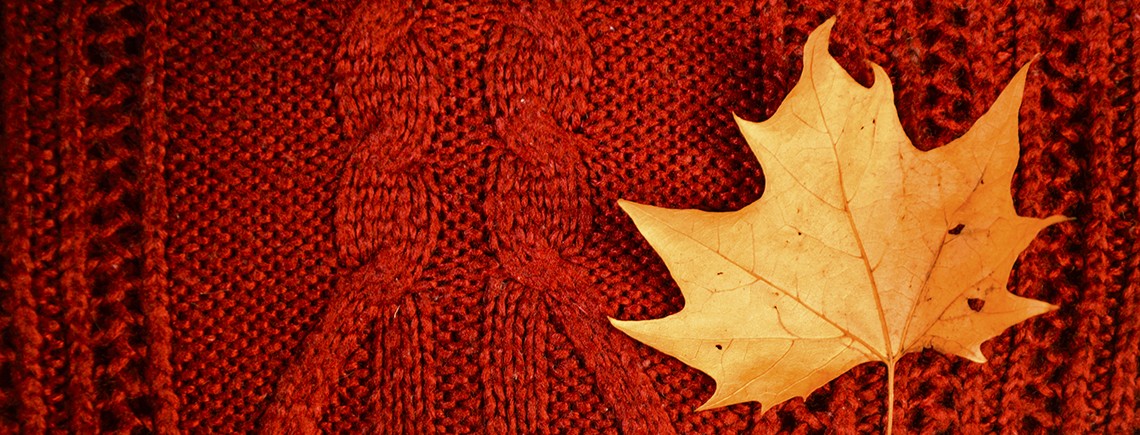My Syrian Identity, and What It Means to Be a Canadian
By Dana KandalaftI’m a Canadian born to Syrian immigrant parents living in Mississauga Ontario, where I’ve lived all my life.
My parents enrolled me in French curriculum in junior kindergarten, fully aware that being bilingual in Canada could open up more opportunities for me down the road. I hated French, but the only thing I hated more was Arabic.
Growing up, I spent my days like many other second-generation teenagers living in Canadian suburbs. I would take the bus to the mall with friends, feed my dog my homework, and happily waste hours on end exploring this thing called the Internet.
Even though many of my favourite childhood memories took place during our annual summer-long family trips to Syria, my parents’ homeland remained a vague backdrop to my Canadian life.
When I started approaching the delicate years of my 20s, a heavy fit of curiosity started to surface. I started questioning the different layers of my identity.
Over time, I realized my Syrian ethnicity is what actually makes me unique among this beautiful, multicultural Canadian society. I began to realize that my Syrian heritage was a part of me that was also sewed into a mysterious ancient culture I had taken for granted my whole life.
I started formulating plans to move to Syria for a year, where I would finally give Arabic a wholehearted chance, but also learn more about this place often referred to as the ‘cradle of civilization’. Then everything changed: for me, for Syria, and for the world.
Syria quickly turned into a place of which I had little understanding. This time, instead of being a faded backdrop, it became a dark force that hovered in front of me everywhere I went. Syria—the beautiful ancient land imprinted in my childhood memories—was now a world stage of destruction covering the front page of every newspaper. I had never felt so disconnected from my Syrian identity. Oceans away, I felt confused, useless and, more than anything, hopeless.
Unlike the people in Syria, I had the privilege of turning off what was happening there when things got too overwhelming. However, the more I tried to avoid it, the emptier I felt. That was until my last semester of university, when my cousin sent me an application from a Conflict Resolution school that was offering a two-week course abroad centred on the Syrian revolution. I applied in a heartbeat, completely clueless about what impact this trip would have on me.
When the trip took place in March 2013, I was both surprised and nervous when I received the opportunity to visit the Olive Tree Camp for internally displaced people in the North of Syria. We were only inside for a few hours, but the inspiration that would come out of it I knew would last a lifetime.

From my trip to the Olive Tree camp (I’m the tall girl with glasses in the second last row to the left).
That day I was wearing a rainbow knitted purse my mom had bought me before my trip. When a little Syrian girl named Sebra laid her eyes on it, she hysterically started yelling, ‘
SOUF! SOUF!
My broken Arabic was not getting us very far, so I asked her to show me what ‘souf’ meant. She enthusiastically took my hand to her tent, where she disappeared for a couple moments and reappeared proudly with a purple, knitted dress—a masterpiece!
Before I knew it, I was surrounded by several other little girls who were showing me their own knitted masterpieces. What was inspiring about this moment was that she didn’t express concern for lack of water, food and shelter, which was all too clear. Instead she expressed concerns about the lack of yarn, in all colours.
From then on she remained a symbol of colourful creation that inspired me to start a project called Tight-Knit Syria.
My project now works with women in Northern Syria as well as women in the Zaatari refugee camp in Jordan. We work to provide them with yarn, and in turn sell their finished products online to consumers in Canada and the United States. This helps generate work for Syrian women so they can provide basic necessities for their families. Because the women work collectively, it also provides them a platform for psychological relief and creative escape.
TKS has created not only a tangible link, but also an emotional one, connecting Canadians eager to help Syrian women determined to rebuild their lives.
It has been two and a half years since I started Tight-Knit Syria, and since this journey began, I’ve been exposed to infinite stories of resilience, strength and survival. In my case, starting Tight-Knit Syria in time of adversity has not only helped regain touch with my Syrian identity, but it has also taught me what it means to be Canadian.



